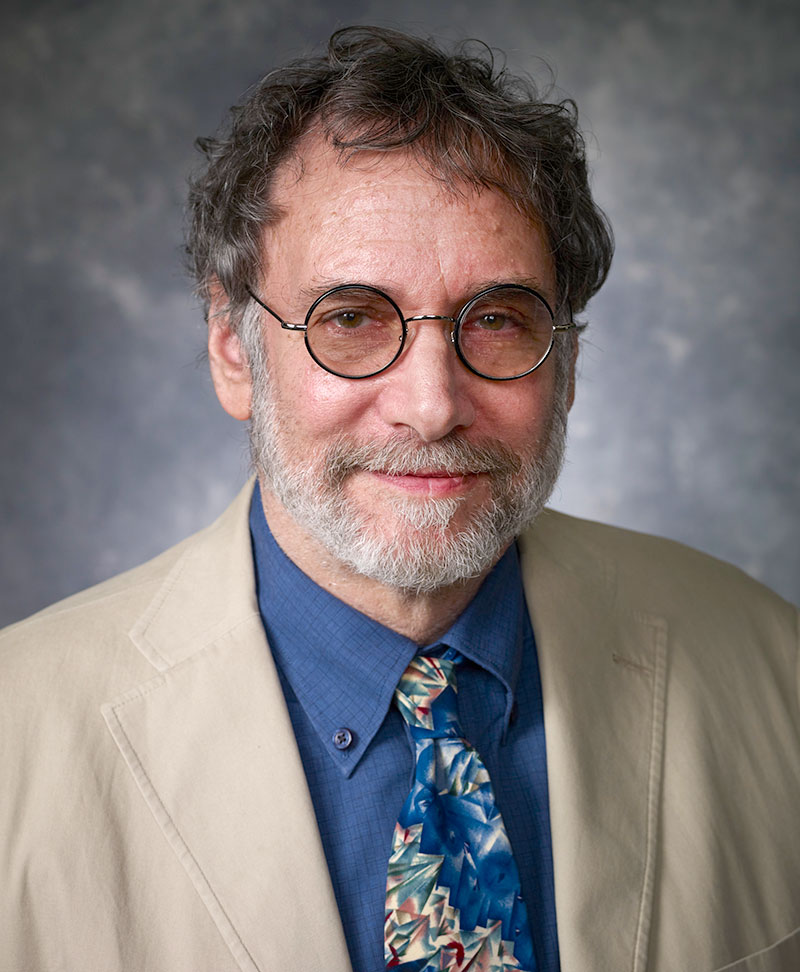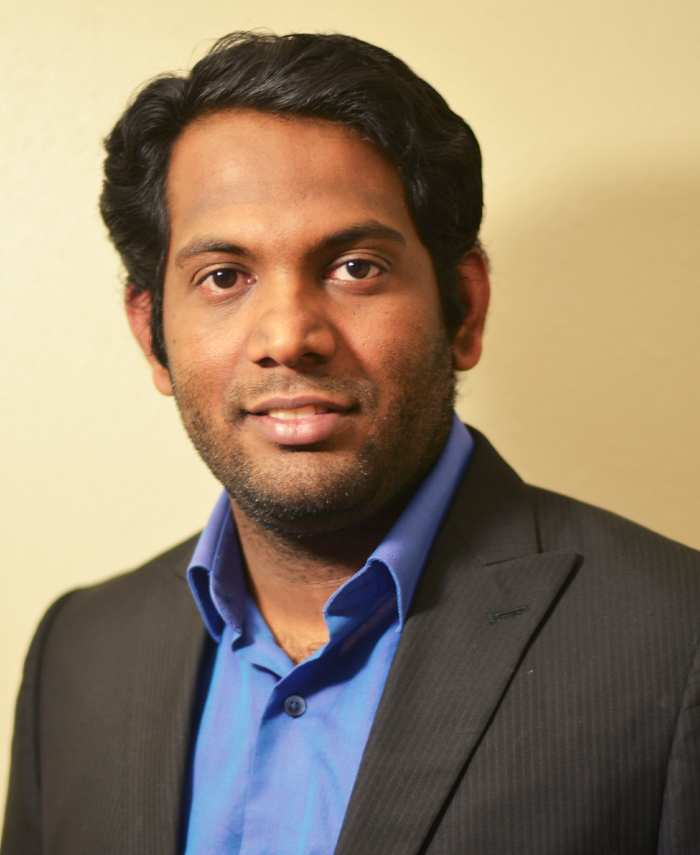
Dr. Todd Sandler
Paying ransoms to terrorist kidnappers may encourage more abductions and worsen the situation for others, according to new research from UT Dallas.
Countries that negotiated with terrorists to release hostages faced up to 87 percent more kidnappings than those that did not pay ransoms, according to the research, which was recently published in the European Journal of Political Economy.
“Every time you get one person back, and you did it by giving in, you’re going to have approximately another one taken. You’re essentially trading one for one,” said Dr. Todd Sandler, senior author of the study.
Sandler, Vibhooti Shukla Professor of Economics and Political Economy in the School of Economic, Political and Policy Sciences, conducted the study with Dr. Patrick T. Brandt, professor of political science, and Dr. Justin George, research associate.
The United States and United Kingdom have longstanding policies against negotiating with terrorists, based on the belief that making concessions leads to more kidnappings. The study aimed to find out whether no-concessions policies have led to fewer abductions for those countries.

Dr. Patrick Brandt
The researchers analyzed politically motivated kidnappings worldwide between 1978 and 2013 recorded in a database that tracks such incidences. The authors identified eight countries, mostly in Europe, known to make concessions and, as a consequence, are more prone to having their citizens taken hostage, compared to other nations. The countries studied had a range of policies and practices, some of which changed, during the study’s time frame.
Researchers zeroed in on the period between 2001 and 2013 to compare kidnapping rates in nations that made concessions with those that generally did not negotiate for hostages. The United States and the United Kingdom followed their no-concession pledges more closely after the Sept. 11, 2001, terrorist attacks.
No-concessions policies present the families of hostages with a terrible reality, Sandler said. However, he said he hopes that the study’s findings persuade government leaders to stop making concessions to terrorist kidnappers.

Dr. Justin George
“Despite the human tragedy, you do tremendous harm by giving in,” he said. “You give them the resources they need with these ransoms and you encourage them to take more people.”
By quantifying the cost of paying ransoms, Brandt said the findings provide critical information for public policy decisions.
“The significance of this study lies in its timeliness and importance for policymakers,” he said. “Recent terrorist kidnappings have called some to question no-concessions policies. Our study shows that policymakers need to follow this policy, and not pay ransoms.”
The researchers stressed that policies against paying ransoms do not protect a nation from kidnappings. Sandler said terrorist groups have continued to kidnap U.S. and U.K. citizens for publicity and propaganda value since the countries took their no-concessions stances. The United States had the highest number of kidnappings of all countries with 84 victims since 2001. However, he said the number would have been much higher if the United States had paid ransoms.
“Americans are going to be the No. 1 target no matter what we do,” he said. “However, we’ll be No. 1 plus if we concede to their demands.”
The research was supported by the Vibhooti Shukla Endowment and the UT Dallas Center for Global Collective Action. The study is available here.